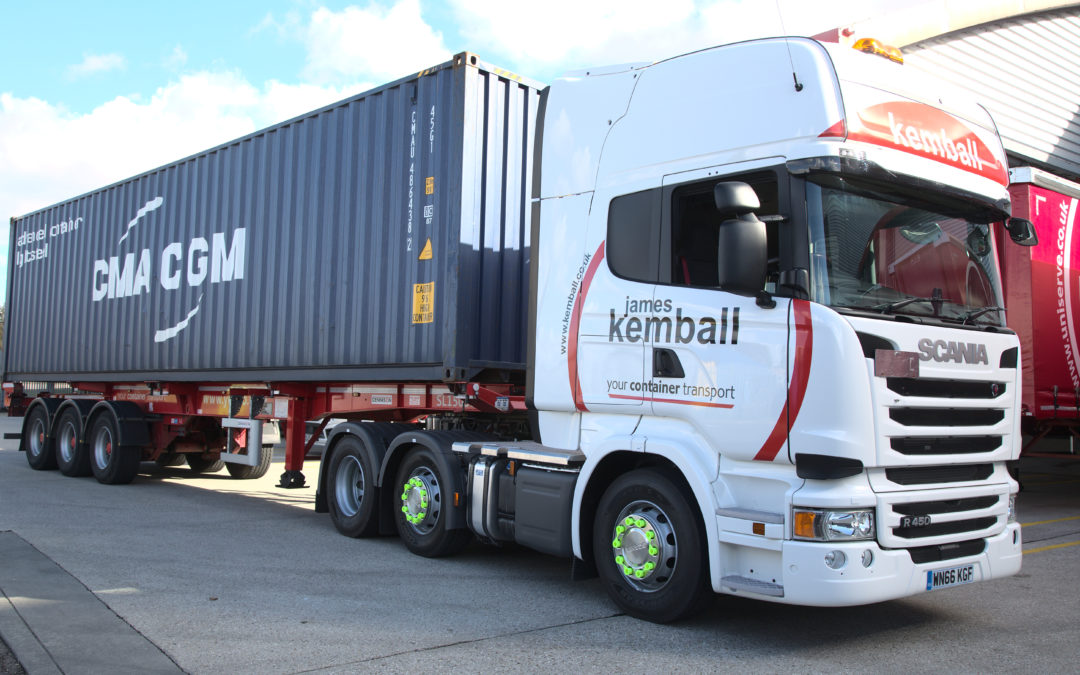What is freight transport? Freight transport is moving goods from one place to another, whether within the same country or between countries. It involves using different types of vehicles, such as trucks, trains, ships, and planes. Did you know that over 1.6 billion tonnes of goods are transported annually in and around Britain? This blog will discuss in detail what freight transport is, the types available and benefits and challenges.
What is the difference between freight and shipping?
Freight typically refers to goods transported from one place to another by land, sea or air. These generally are pallets of merchandise or containers of products. On the other hand, shipping refers to the process or business of transporting these goods. It covers the entire freight journey and includes various elements, from transporting, handling, and delivering goods to the recipient.
Types of Freight Transportation
Freight transportation is crucial for moving goods locally, nationally and globally. The different methods available, including road, rail, ocean and air, each offer advantages depending on the freight cargo you need transported and the expected delivery date. This section will explore the different modes of freight transportation, explaining the benefits and importance of each:
Road Freight Transportation
Road transportation involves the movement of goods using vehicles such as trucks on highways and roads. It is a highly common and flexible method of transporting freight, offering accessibility to almost any location with road access. This flexibility makes road transportation one of the most widely used freight transportation options, suitable for various industries, including retail, manufacturing, and distribution.
Rail Freight Transportation
Rail freight transportation moves goods by train on railways and plays a crucial role in international trade by connecting ports with inland distribution centres. This method is known for its ability to handle large volumes of goods and heavy loads, making it suitable for the manufacturing, mining, and agriculture industries. Materials such as coal, grain, and chemicals are efficiently transported by rail because it is efficient in moving bulk cargo over long distances.
Ocean Freight Transportation
Ocean transportation involves using boats, barges, or ships on seas and rivers, which plays a crucial role in international trade by moving large volumes of freight. Boats and ships have high carrying capacities, making them cost-effective for transporting bulk goods over long distances.
This method is especially beneficial for bulky or heavy items and is vital for global supply chains, particularly for goods not requiring rapid delivery.
Air freight transportation
Air freight transportation utilises aeroplanes to transport goods and is the fastest mode of freight transportation, making it ideal for valuable and time-sensitive shipments. Air freight enables goods to reach any location with an airport, offering speed and efficiency. It is perfect for urgent deliveries of perishable items like pharmaceuticals and high-value goods like electronics and luxury items. While air freight can be more expensive, its speed and global reach are critical for certain industries and supply chain requirements.
Other methods of freight transportation
Aside from the standard methods of freight transportation, other methods include:
- Pipeline transportation: use underground pipelines to transport liquids or gases over long distances
- Livestock: involves moving animals such as cattle via trucks or specialised trailers
- Tanker trucks: Specially designed trucks that transport liquids or gases, including fuel and milk
Basics of Freight Transportation Logistics
Benefits of Freight Shipping
There are many benefits that make freight transportation a preferred choice for transporting goods, including the following:
- Cost-effective transportation: Shipping goods in bulk via shipping containers is cheaper per item, meaning businesses can save money by transporting large quantities at once
- Global reach: Freight shipping allows businesses to send goods worldwide, opening up new markets for many businesses
- Safety and security: When you choose a company like James Kemball, you can be assured that your freight shipments will be carefully handled to prevent damage and theft.
- Customer satisfaction: Reliable freight shipping contributes to better customer satisfaction by ensuring timely delivery and reducing shipping-related issues
Basics of Freight Transportation Logistics
We hope we have answered your question, ‘What is freight transport?’ and that you now know the basics of freight transportation, including the types available, benefits, and challenges. James Kemball Limited has provided container transport solutions via road and rail since 1973 if you need freight transport services. We specialise in container transport to and from major deep-sea ports such as Southampton, Tilbury and Felixstowe, as well as all inland hubs and railheads.

